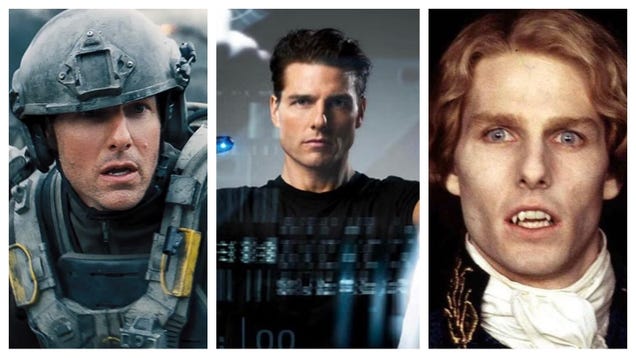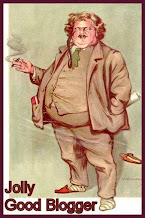Siden Dan Brown har bidratt til å popularisere transhumanisme, kan det være greit med noen trassige tanker om den mer trasige siden av honnørordet humanisme.
Eller mer presist om den romantiske lengselen etter å skape oss om til noe som er bedre.
Og bedre høres jo ut som bra, ikke sant?
Bortsett fra det aldri så lille forbeholdet at vi ikke vet helt hva det å være bedre betyr eller hva det krever at vi gjør mer eller mindre av eller hvordan vi skal komme dit eller hvordan vi kan vite om vi er kommet dit.
Noe som er på linje med å ønske å bli mer ijkri, siden det er en bedre bokstavrekkefølge enn kriji. Eller yiutyhumanisme, siden det avgjort er bedre enn uiytyhumanisme.
Synes du likevel transhumanismen er en god idé, kan denne lille Poe-pastisjen om da Chesterton fant Overmennesket, være opplysende.
En liten smakebit kan sikkert smake.
I reached the door towards the twilight, and it was natural that I should fancifully see something dark and monstrous in the dim bulk of that house which contained the creature who was more marvellous than the children of men.
When I entered the house I was received with exquisite courtesy by Lady Hypatia and her husband; but I found much greater difficulty in actually seeing the Superman, who is now about fifteen years old, and is kept by himself in a quiet room.
Even my conversation with the father and mother did not quite clear up the character of this mysterious being.
Lady Hypatia, who has a pale and poignant face, and is clad in those impalpable and pathetic greys and greens with which she has brightened so many homes in Hoxton, did not appear to talk of her offspring with any of the vulgar vanity of an ordinary human mother.
I took a bold step and asked if the Superman was nice looking.
"He creates his own standard, you see," she replied, with a slight sigh. "Upon that plane he is more than Apollo. Seen from our lower plane, of course--" And she sighed again.
I had a horrible impulse, and said suddenly, "Has he got any hair?"
There was a long and painful silence, and then Dr. Hagg said smoothly: "Everything upon that plane is different; what he has got is not... well, not, of course, what we call hair... but--"
"Don't you think," said his wife, very softly, "don't you think that really, for the sake of argument, when talking to the mere public, one might call it hair?"
"Perhaps you are right," said the doctor after a few moments' reflection. "In connexion with hair like that one must speak in parables."
"Well, what on earth is it," I asked in some irritation, "if it isn't hair? Is it feathers?"
"Not feathers, as we understand feathers," answered Hagg in an awful voice.Nå betyr ikke det at jeg har noe i mot et samfunn uten tårer eller død. Tvert i mot tror jeg et slik vil komme. Vi kan også bedre forholdene på jorden atskillige hakk, enten vi snakker medisin eller moral.
Men det betyr ikke at løsningen er noe såpass overmenneskelig som en evig, sekulær himmel. Selv om det kunne blitt en flott horrorfilm.
Som aldri tok slutt.




















1 kommentar :
Brown doserer vel i boken om en befolkningseksplosjon i verden som om ingenting hadde hendt siden 1980.
I dag har nå WHO et atskillig mer optimistisk syn på dette.
Men bare det at jeg her i denne kommentaren frisker opp 1970-tallets grafer av "befolkningseksplosjonen" kan vel for noen og enhver virke sterkere enn en presisjon av at dette ikke er prognosene i dag.
Det er mao for noen og hver ikke alltid like enkelt å "mellomlande i intellektet".
Legg inn en kommentar